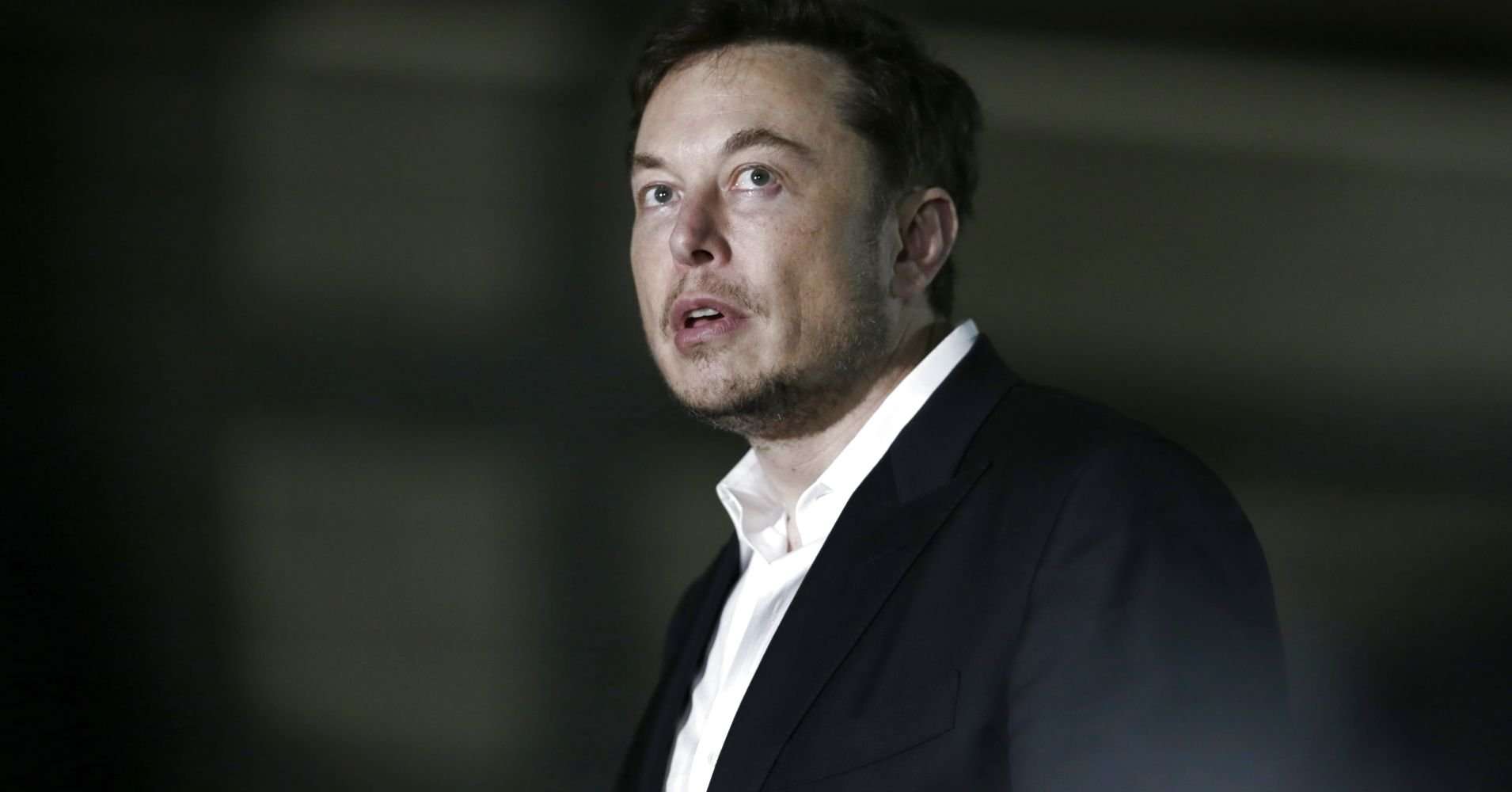"A chairman and CEO of a public company has important responsibilities to shareholders," Stephanie Avakian, co-director of the SEC's division of enforcement, said during the press conference. "Those responsibilities include the need to be scrupulous and careful about the truth and accuracy of statements made to the investing public, whether those statements are made in traditional forms such as a press release or an earnings call or through less formal methods such as Twitter or other social media."
"Neither celebrity status nor reputation as a technological innovator provide an exemption from the federal securities laws," she said.
Musk called the allegations "unjustified" and said he "never compromised" his integrity.
"This unjustified action by the SEC leaves me deeply saddened and disappointed," Musk said in a statement to CNBC. "I have always taken action in the best interests of truth, transparency and investors. Integrity is the most important value in my life and the facts will show I never compromised this in any way."
In August, Musk tweeted that he was considering taking Tesla private, adding, "Funding secured." The tweet spurred a scandal-ridden fall for Tesla and sent the stock see-sawing for weeks.
Musk later explained that he had been in discussions with the Saudi Arabian sovereign wealth fund and felt confident the funding would come through at his proposed price of $420 per share.
The SEC, in its complaint, alleged:
Musk knew that he (1) had not agreed upon any terms for a going-private transaction with the Fund or any other funding source; (2) had no further substantive communications with representatives of the Fund beyond their 30 to 45 minute meeting on July 31; (3) had never discussed a going-private transaction at a share price of $420 with any potential funding source; (4) had not contacted any additional potential strategic investors to assess their interest in participating in a going-private transaction; (5) had not contacted existing Tesla shareholders to assess their interest in remaining invested in Tesla as a private company; (6) had not formally retained any legal or financial advisors to assist with a going-private transaction; (7) had not determined whether retail investors could remain invested in Tesla as a private company; (8) had not determined whether there were restrictions on illiquid holdings by Tesla's institutional investors; and (9) had not determined what regulatory approvals would be required or whether they could be satisfied.
The complaint also alleges Musk tweeted the statement without the input of other Tesla executives.
"At 1:00 PM EDT, approximately 12 minutes after Musk published his tweet stating, 'Am considering taking Tesla private at $420. Funding secured,' Tesla's own head of Investor Relations sent a text to Musk's chief of staff asking, 'Was this text legit?'" the complaint says.
Tesla's head of investor relations later told an analyst he didn't know whether the funding commitment was written or verbal. The complaint says:
After Tesla's head of Investor Relations received another inquiry from another investment bank research analyst at approximately 7:20 PM EDT, he asked whether the analyst had read Tesla's "official blog post on this topic." The analyst responded, "I did. Nothing on funding though?" The head of Investor Relations replied, "The very first tweet simply mentioned 'Funding secured' which means there is a firm offer. Elon did not disclose details of who the buyer is." The analyst then asked, "Firm offer means there is a commitment letter or is this a verbal agreement?" The head of Investor Relations responded, "I actually don't know, but I would assume that given we went full-on public with this, the offer is as firm as it gets."
Musk said in an interview with The New York Times that he calculated a take-private price of $420 by rounding $1 up from what would have been a 20 percent upside at the time.
"According to Musk, he calculated the $420 price per share based on a 20% premium over that day's closing share price because he thought 20% was a 'standard premium' in going-private transaction," the SEC alleged in its suit. "This calculation resulted in a price of $419, and Musk stated that he rounded the price up to $420 because he had recently learned about the number's significance in marijuana culture and thought his girlfriend 'would find it funny, which admittedly is not a great reason to pick a price.'"
In the hours after the initial tweet, Musk doubled down on the proposal in subsequent tweets. The SEC cited those subsequent tweets in the complaint as additional misleading statements.

Trusty_ on September 27th, 2018 at 23:55 UTC »
If this isn’t the best sequence of events in 2018, I don’t know what is.
Edit: a word
TheManWhoWasNotShort on September 27th, 2018 at 22:25 UTC »
Elon Musk is like the ultimate warning story about the dangers of social media
TheTurfinator on September 27th, 2018 at 20:41 UTC »
Dude, you don't tell the world why you're doing a 420 goof. It's not supposed to be explicit. You're just supposed to think "Oh, 420, what a coincidence, hahaha. Anywho..." I mean, did you think we didn't get it?
Congratulations. You just narc'd on yourself.